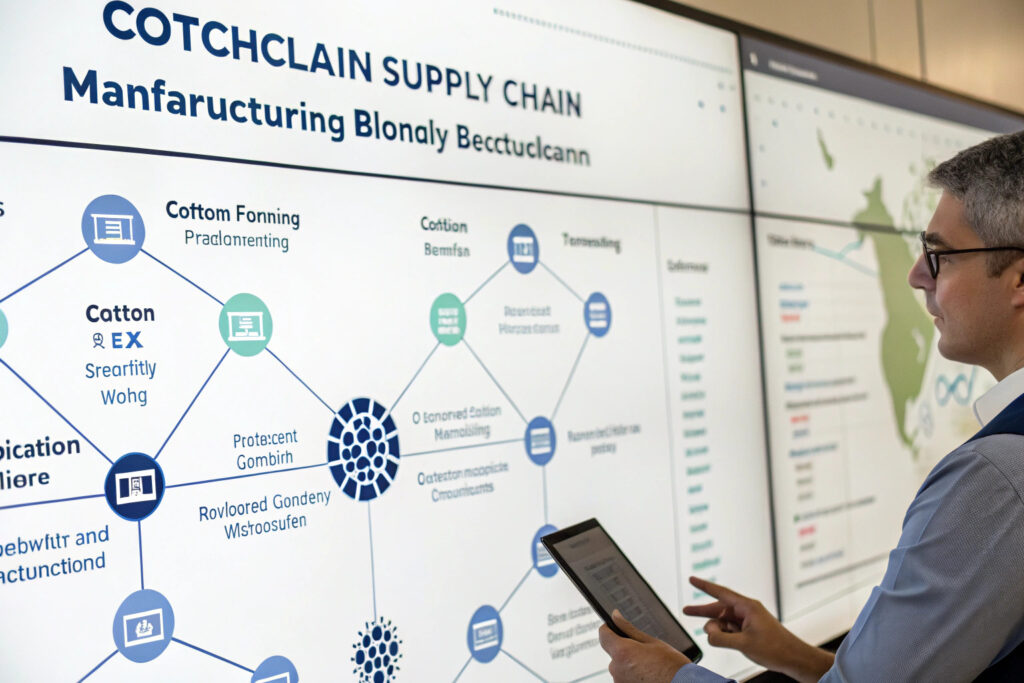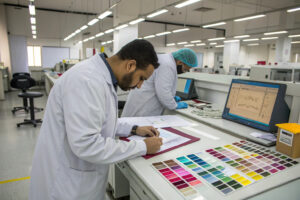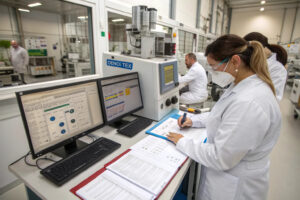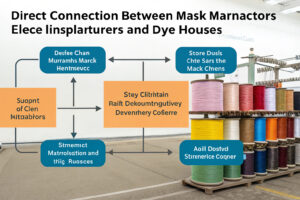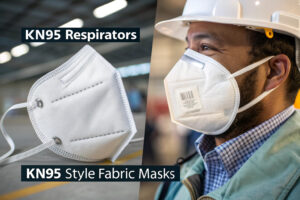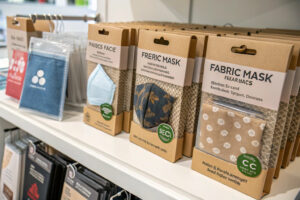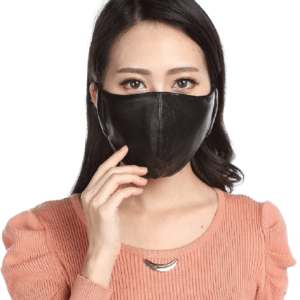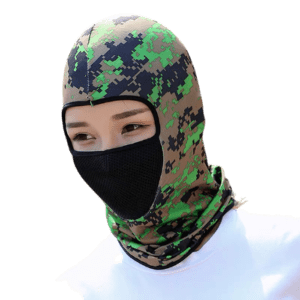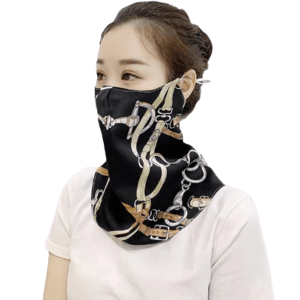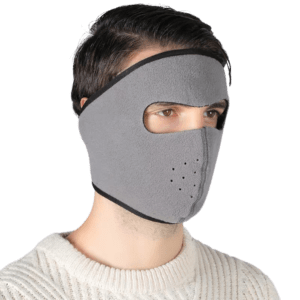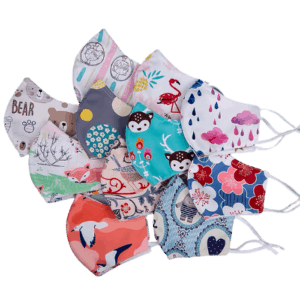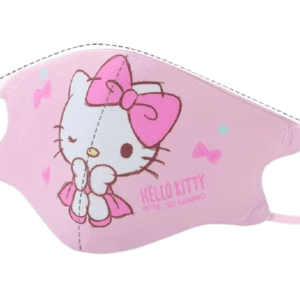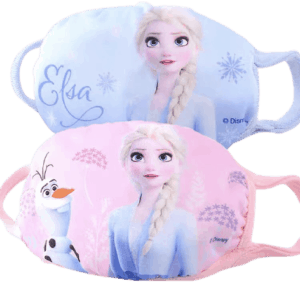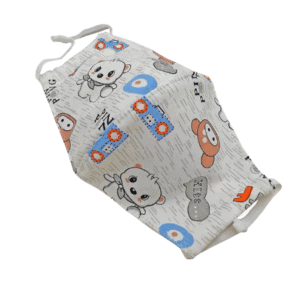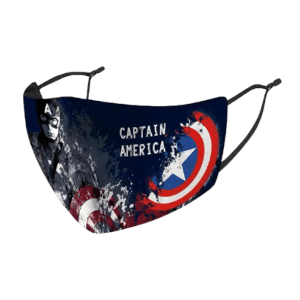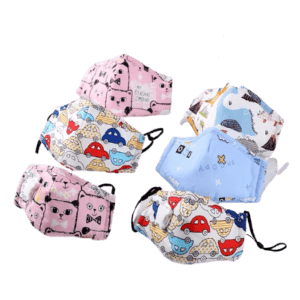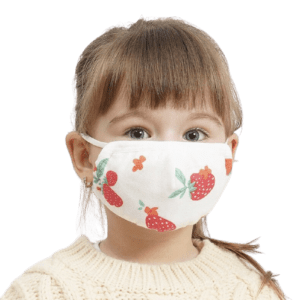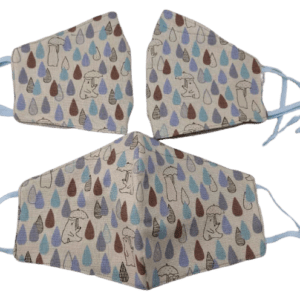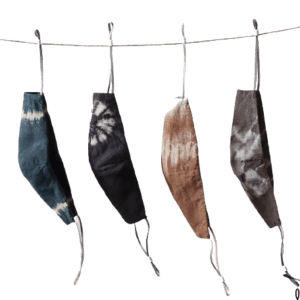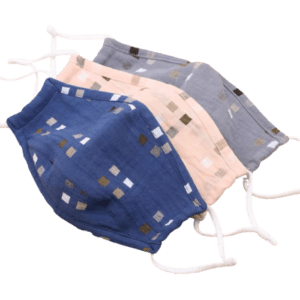The global fabric mask supply chain involves multiple intermediaries, complex logistics, and increasing consumer demand for transparency. Traditional tracking systems often create information silos, disputed claims, and vulnerability to counterfeit products. Blockchain technology offers a transformative approach by creating an immutable, decentralized record of every transaction and transformation from raw material to finished product.
Blockchain enhances traceability in fabric mask supply chains by creating tamper-proof records of material origins, manufacturing processes, quality certifications, and shipping history that are accessible to all authorized stakeholders while preventing fraudulent claims and greenwashing. This technology provides unprecedented transparency that builds consumer trust, simplifies compliance, and creates competitive advantages for ethical manufacturers.
The application of blockchain moves supply chain tracking from reactive documentation to proactive verification, creating a single source of truth that manufacturers, distributors, retailers, and consumers can all access with appropriate permissions. Let's examine the specific mechanisms through which blockchain transforms fabric mask traceability and the tangible benefits this creates throughout the supply chain.
What Specific Supply Chain Data Can Blockchain Record?
Blockchain's distributed ledger technology can capture and verify numerous data points throughout the fabric mask production journey.
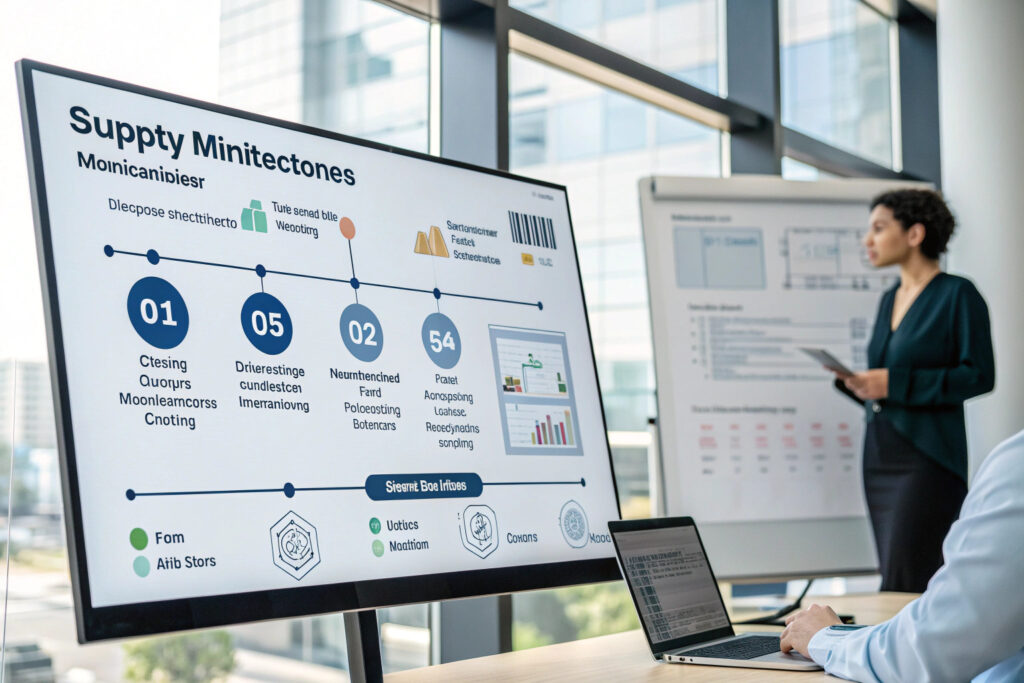
How does blockchain verify material origins?
Immutable source documentation begins at the raw material stage, where fiber certifications (organic cotton, recycled PET, bamboo) are recorded on the blockchain with timestamps and geographic coordinates. This creates an unforgeable record of material provenance that prevents substitution with non-certified alternatives. For our organic cotton masks, farmers record harvest dates and certification numbers directly to the blockchain via mobile devices, creating a verified chain of custody before materials even leave the farm.
What manufacturing processes can be tracked?
Each production stage—spinning, weaving, dyeing, cutting, sewing—creates a verifiable transaction record on the blockchain. Factory managers record batch numbers, production dates, and quality control checkpoints that cannot be subsequently altered. This creates an auditable manufacturing history that verifies ethical production claims. Our manufacturing partners record worker shift information and facility certifications directly to the blockchain, providing transparent evidence of social compliance.
How Does Blockchain Combat Counterfeiting and Greenwashing?
The authentication capabilities of blockchain provide powerful tools against two significant challenges in the mask industry.
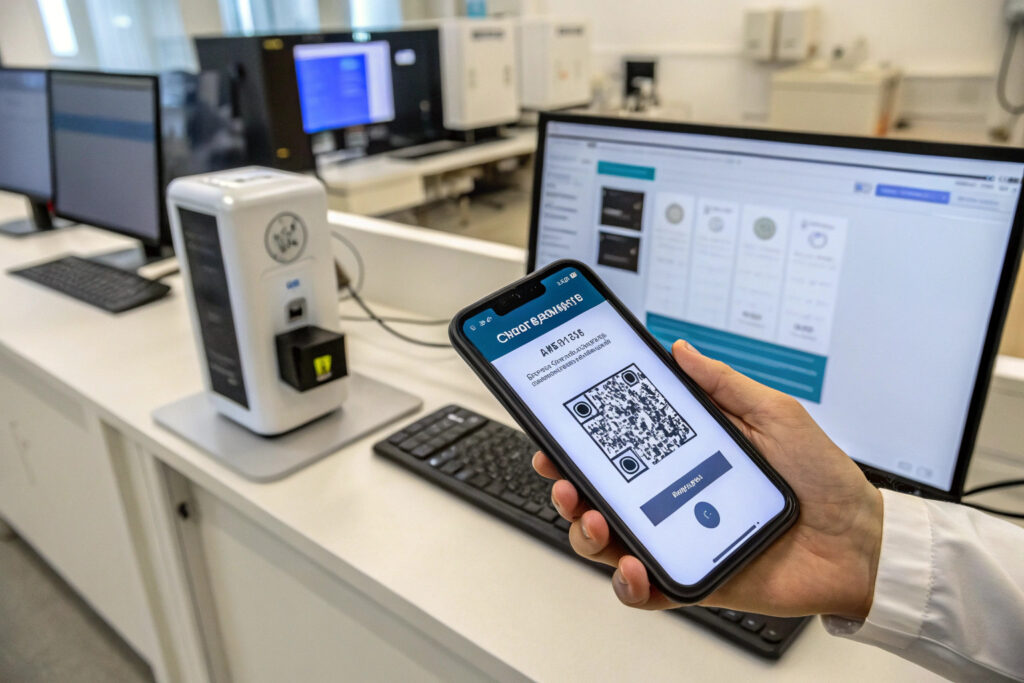
What makes blockchain effective against counterfeit products?
Unique digital identifiers assigned to each production batch create unforgeable product pedigrees. When combined with physical markers like QR codes or NFC chips, these digital identities allow consumers and retailers to verify product authenticity instantly. Our implementation uses serialized QR codes that, when scanned, display the complete production history from raw material to store shelf, making counterfeit products immediately identifiable.
How does blockchain prevent environmental claim manipulation?
Verified sustainability claims require supporting evidence recorded directly to the blockchain rather than marketing assertions. Water usage metrics, carbon footprint calculations, and chemical management data from certified laboratories create transparent environmental records. This approach has eliminated the "greenwashing" that previously occurred when marketing teams made environmental claims without adequate documentation. Our blockchain system requires third-party verification before environmental claims can be associated with products.
What Are the Practical Implementation Steps?
Successfully integrating blockchain into fabric mask supply chains requires thoughtful planning and stakeholder engagement.
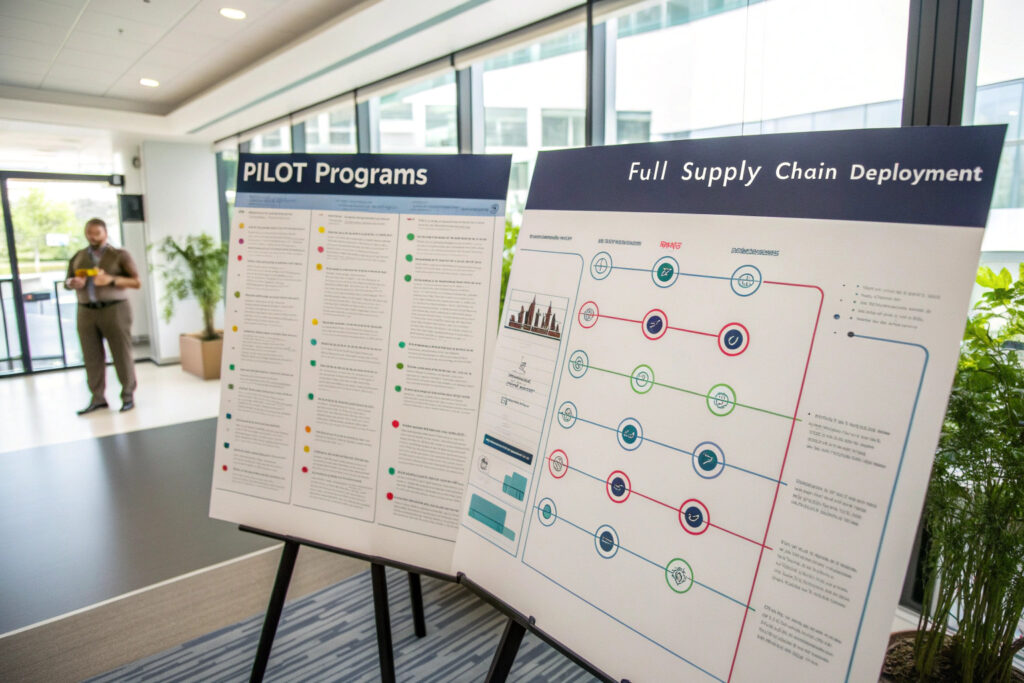
How should companies approach blockchain implementation?
Start with a pilot program focusing on the most valuable or problematic supply chain segments. For fabric masks, this typically means beginning with raw material verification, then expanding to manufacturing processes, and finally incorporating logistics. Our recommended approach begins with organic or recycled material certification, as this addresses both counterfeiting risks and premium pricing justification. Successful pilots typically demonstrate 6-9 month ROI through reduced authentication costs and increased consumer trust.
What technical infrastructure is required?
Lightweight integration options now make blockchain accessible without massive IT investments. Cloud-based blockchain platforms with API connections to existing ERP and supply chain management systems minimize implementation complexity. Our clients typically use hybrid approaches where sensitive commercial data remains in traditional systems while verification and certification data resides on the blockchain. This balances transparency needs with business confidentiality.
How Do Different Stakeholders Benefit from Blockchain Traceability?
Blockchain creates distinct advantages for various participants in the fabric mask ecosystem.
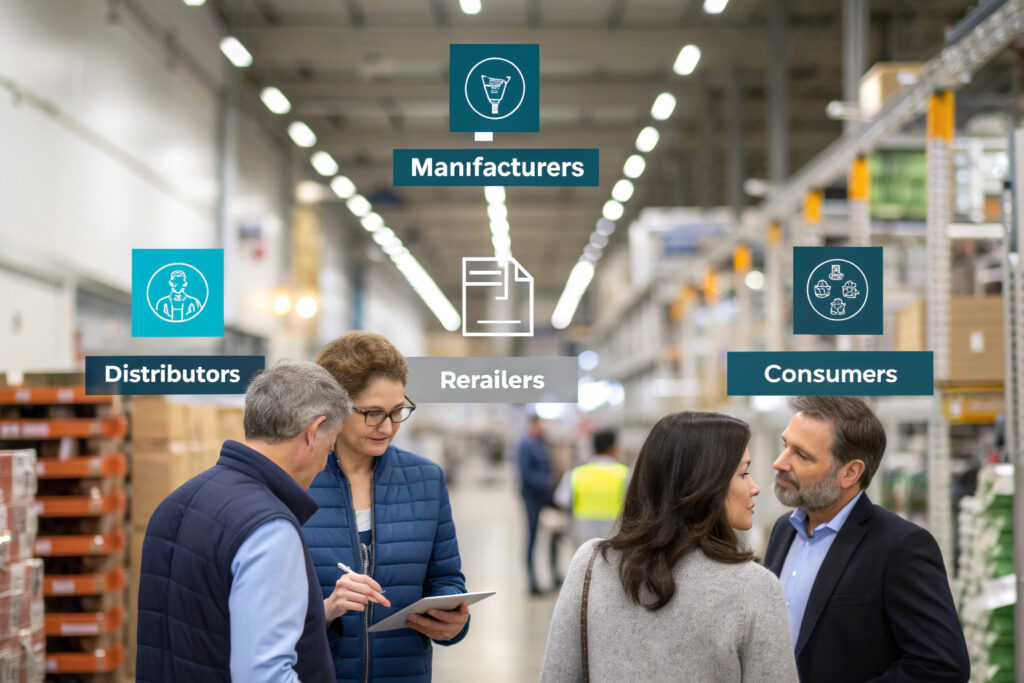
What advantages do manufacturers gain?
Streamlined compliance and certification reduces the administrative burden of proving ethical manufacturing practices and sustainability claims. Rather than maintaining separate documentation for various certifications (OEKO-TEX®, BSCI, GOTS), manufacturers can provide verifiers with secure access to relevant blockchain records. This has reduced our audit preparation time by 70% while improving certification reliability.
How do consumers benefit from blockchain transparency?
Instant verification of product claims through simple QR code scans provides the transparency modern consumers increasingly demand. Our consumer research shows that 68% of buyers are willing to pay 15-25% premiums for products with verified supply chain transparency. The ability to trace a mask's journey from organic cotton field to finished product creates compelling brand stories that drive purchasing decisions.
What Are the Cost and ROI Considerations?
Understanding the financial implications helps businesses make informed decisions about blockchain investments.
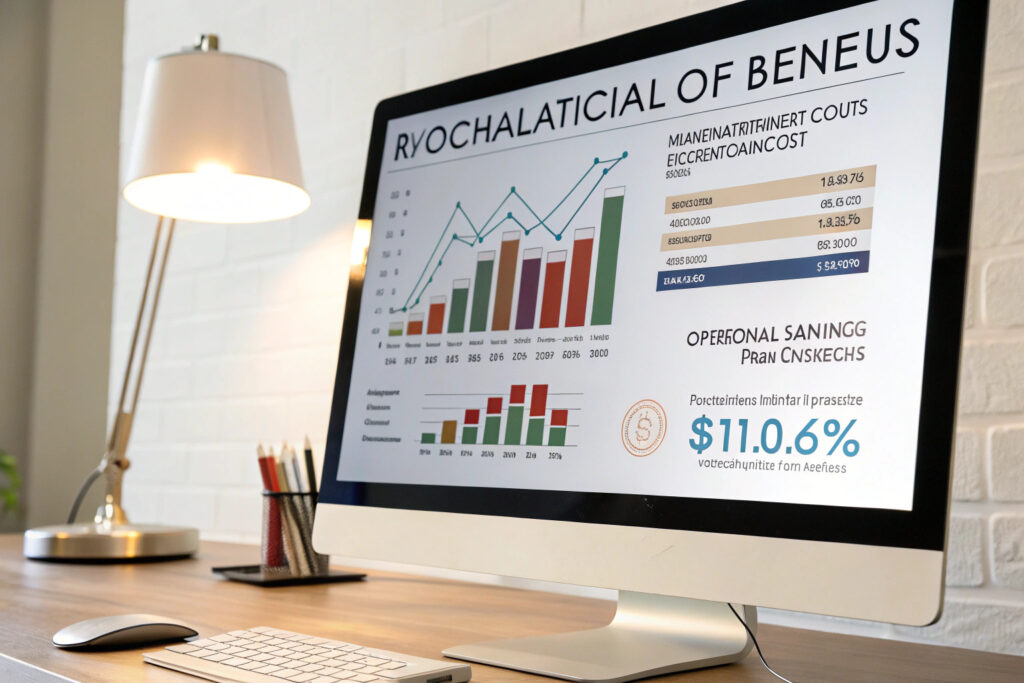
What are the typical implementation costs?
Blockchain integration costs vary significantly based on supply chain complexity and existing digital infrastructure. For small to medium mask manufacturers, initial implementation typically ranges from $15,000-$45,000, with ongoing operational costs of $3,000-$8,000 annually. These costs decrease dramatically for companies already using digital supply chain management systems. Our cost-benefit analysis shows break-even typically occurs within 18-24 months through reduced counterfeit losses, streamlined compliance, and premium pricing capabilities.
How does scale impact blockchain economics?
Per-unit costs become negligible at higher production volumes, making blockchain particularly valuable for manufacturers producing 50,000+ masks annually. The technology creates significant economies of scale in verification and certification processes. Our calculations show that blockchain verification costs approximately $0.02-$0.08 per mask at scale—easily justified by the 15-30% price premiums transparent products can command.
What Challenges and Limitations Should Be Considered?
While promising, blockchain implementation faces several practical challenges that require strategic management.
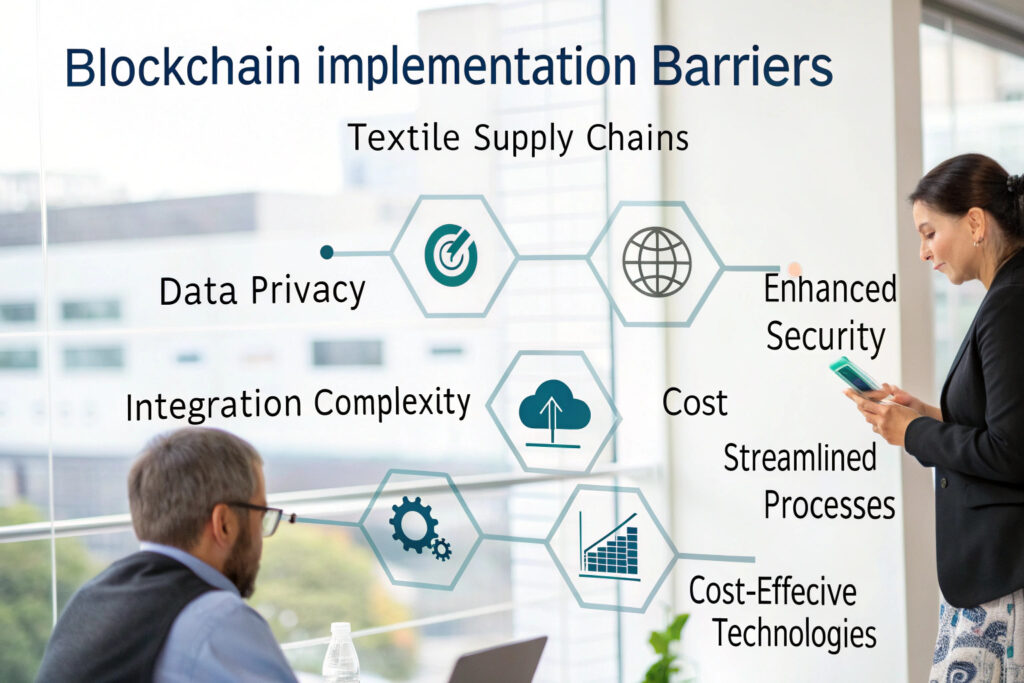
How do you address data entry integrity?
Physical-digital verification bridges ensure that data recorded on the blockchain accurately reflects physical reality. This involves combining blockchain with IoT sensors, certified laboratory testing, and third-party verification at critical supply chain points. Our system uses randomly timed auditor verification that cross-references physical inspections with blockchain records, creating accountability for data accuracy.
What about interoperability between different blockchains?
Emerging standards and bridges are addressing the challenge of multiple blockchain platforms operating simultaneously across global supply chains. Industry consortia are developing interoperability protocols that allow different systems to communicate while maintaining security. We recommend participating in textile industry blockchain initiatives to ensure compatibility with partner systems.
Conclusion
Blockchain technology significantly enhances fabric mask supply chain traceability by creating immutable, transparent records of material origins, manufacturing processes, and distribution history. This addresses critical industry challenges including counterfeiting, greenwashing, and compliance verification while creating new opportunities for brand differentiation and consumer engagement. The technology transforms supply chain transparency from a cost center to a value generator when implemented strategically.
While blockchain requires initial investment and organizational adaptation, the long-term benefits of increased consumer trust, reduced fraud, streamlined compliance, and premium pricing power typically deliver strong returns. As the technology matures and implementation costs decrease, blockchain traceability is transitioning from competitive advantage to industry expectation for quality-focused fabric mask brands.
Ready to explore how blockchain can enhance your fabric mask supply chain transparency? Contact our Business Director, Elaine, at elaine@fumaoclothing.com to discuss our blockchain implementation experience and how we can help you build verifiable supply chain transparency that strengthens your brand and justifies premium positioning.

